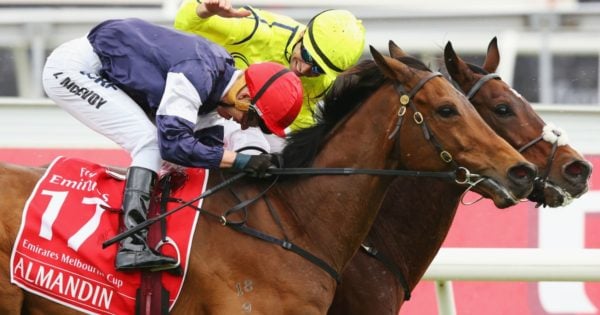When I was child I spent my weekends swimming in my friend’s pool. It was deeper than I could dive and wider than my entire backyard.
Her mother would watch from the edge and occasionally call us over
“Girls, let’s play a game. If you can swim 10 laps, I’ll give you 10 dollars. If you can swim another 10, I’ll give you 20 but if you give up, you’ll lose it all. It’s called double or nothing,” she said.
This was my first introduction to gambling, and also the most powerful. We could only ever swim nine laps but on the rare occasions we made it to 10, we would always try for another 10.
The lure of ‘what could be’ was too strong.
Every year we see the ‘big win’ story of some lucky punter who bet a few bob on The Melbourne Cup and walked away with thousands.
The story of this 'miracle!' win travels through the news circuit like fire down a line of gas.
This is not a 'good news story'. This is a moral line of credit to every problem gambler in the country.
This is the story that starts the fantasy. This is the beginning of the "a friend of a friend of mine won...." This is the justification for every "last" $20 withdrawn from the local RSL's ATM.
For every big winner in this country, there are countless big losers.
Can you imagine if we placed the same amount of coverage on the Aussie battler who lost $8000 of money he didn't have?
What about the mum who bet next week's groceries on the hope it would win enough to pay for next month's too?





























































































